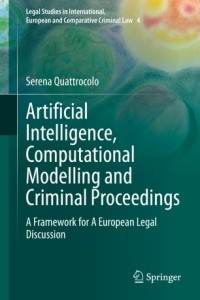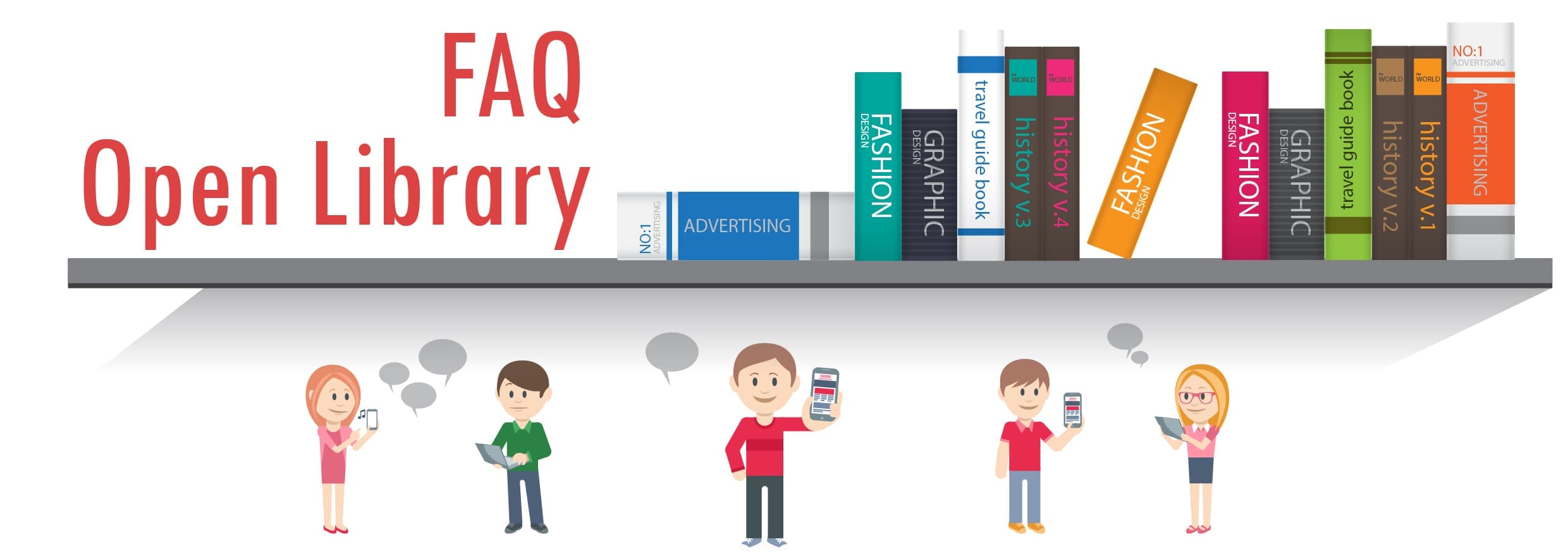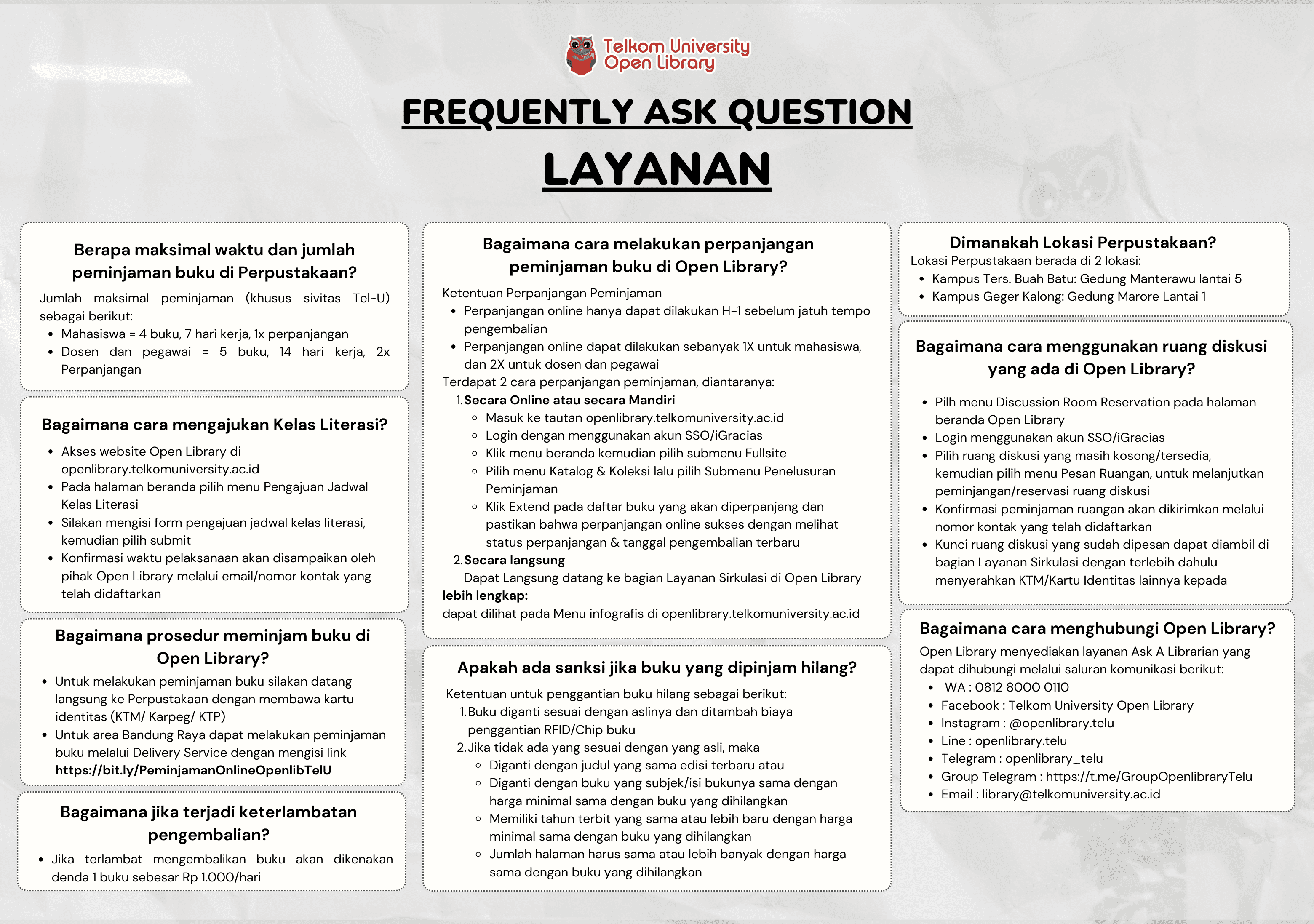Artificial Intelligence, Computational Modelling and Criminal Proceedings: A Framework for A European Legal Discussion
Serena Quattrocolo

Informasi Umum
Kode
21.21.1350
Klasifikasi
340 - Law, Jurisprudence
Jenis
Buku - Elektronik (E-Book)
Subjek
Criminal Law, Comparative Law, Criminal Justice, European Law, International Criminal Law, Artificial Intelligence
No. Rak
Tel-U Bandung - Gedung Manterawu Lantai 5 : Rak 8b
Tel-U Purwokerto : Rak 4
Dilihat
122 kali
Informasi Lainnya
Abstraksi
This book discusses issues relating to the application of AI and computational modeling in criminal proceedings from a European perspective. Part one provides a definition of the topics. Rather than focusing on policing or prevention of crime – largely tackled by recent literature – it explores ways in which AI can affect the investigation and adjudication of the crime. There are two main areas of application: the first is evidence gathering, which is addressed in Part two. This section examines how traditional evidentiary law is affected by both new ways of investigation – based on automated processes (often using machine learning) – and new kinds of evidence, automatically generated by AI instruments. Drawing on the comprehensive case law of the European Court of Human Rights, it also presents reflections on the reliability and, ultimately, the admissibility of such evidence. Part three investigates the second application area: judicial decision-making, providing an unbiased review of the meaning, benefits, and possible long-term effects of ‘predictive justice’ in the criminal field. It highlights the prediction of both violent behavior, or recidivism, and future court decisions, based on precedents. Touching on the foundations of common law and civil law traditions, the book offers insights into the usefulness of ‘prediction’ in criminal proceedings.
Koleksi & Sirkulasi
Tersedia 1 dari total 1 Koleksi
Anda harus log in untuk mengakses flippingbook
Pengarang
| Nama | Serena Quattrocolo |
| Jenis | Perorangan |
| Penyunting | |
| Penerjemah |
Penerbit
| Nama | Springer |
| Kota | |
| Tahun | 2020 |
Sirkulasi
| Harga sewa | IDR 0,00 |
| Denda harian | IDR 0,00 |
| Jenis | Non-Sirkulasi |



















